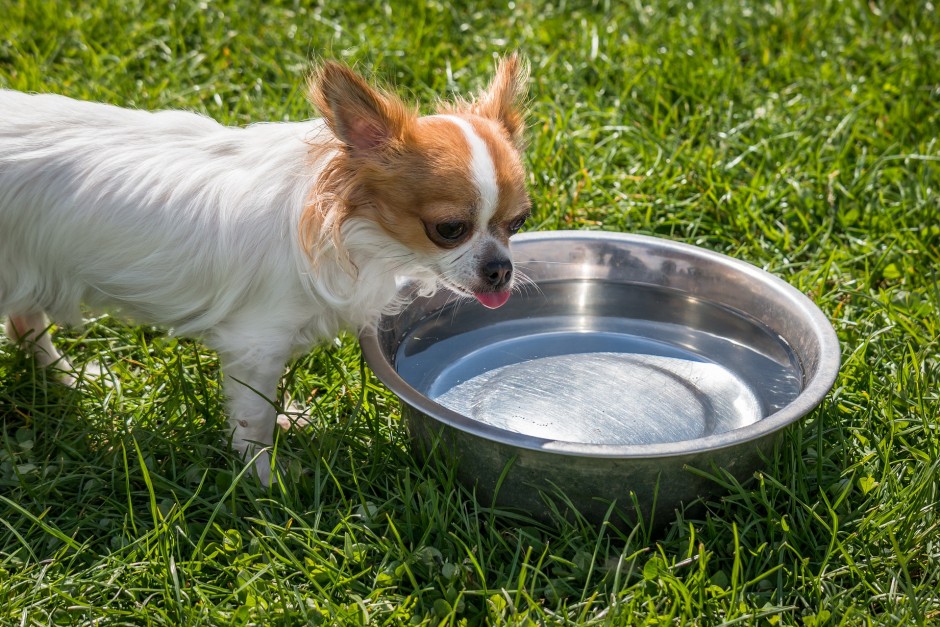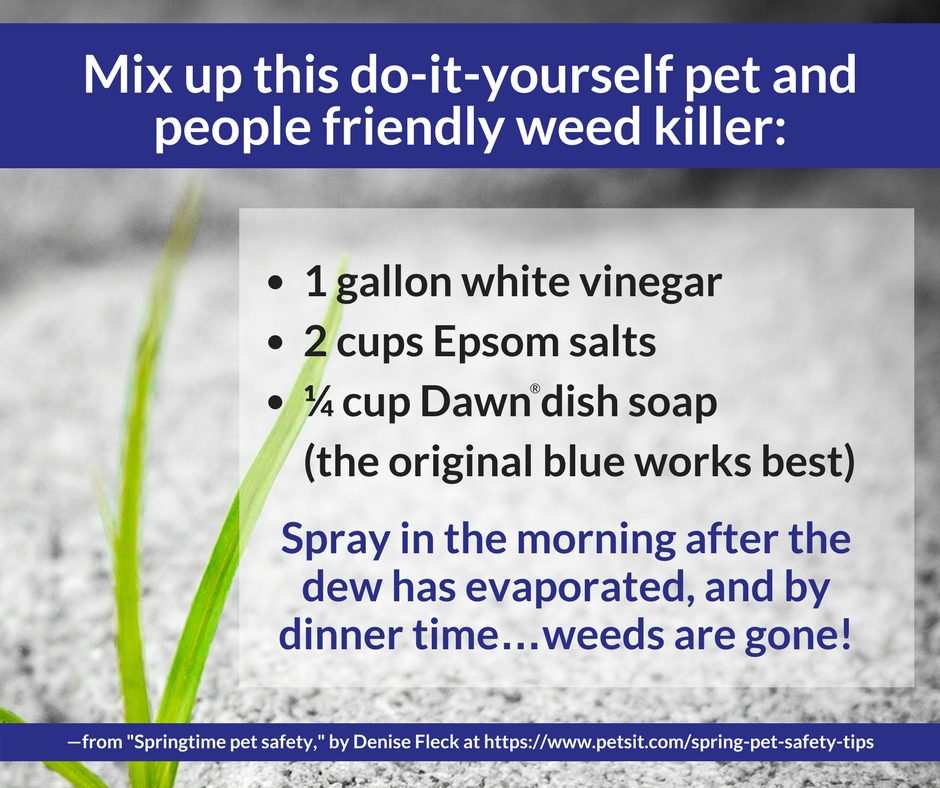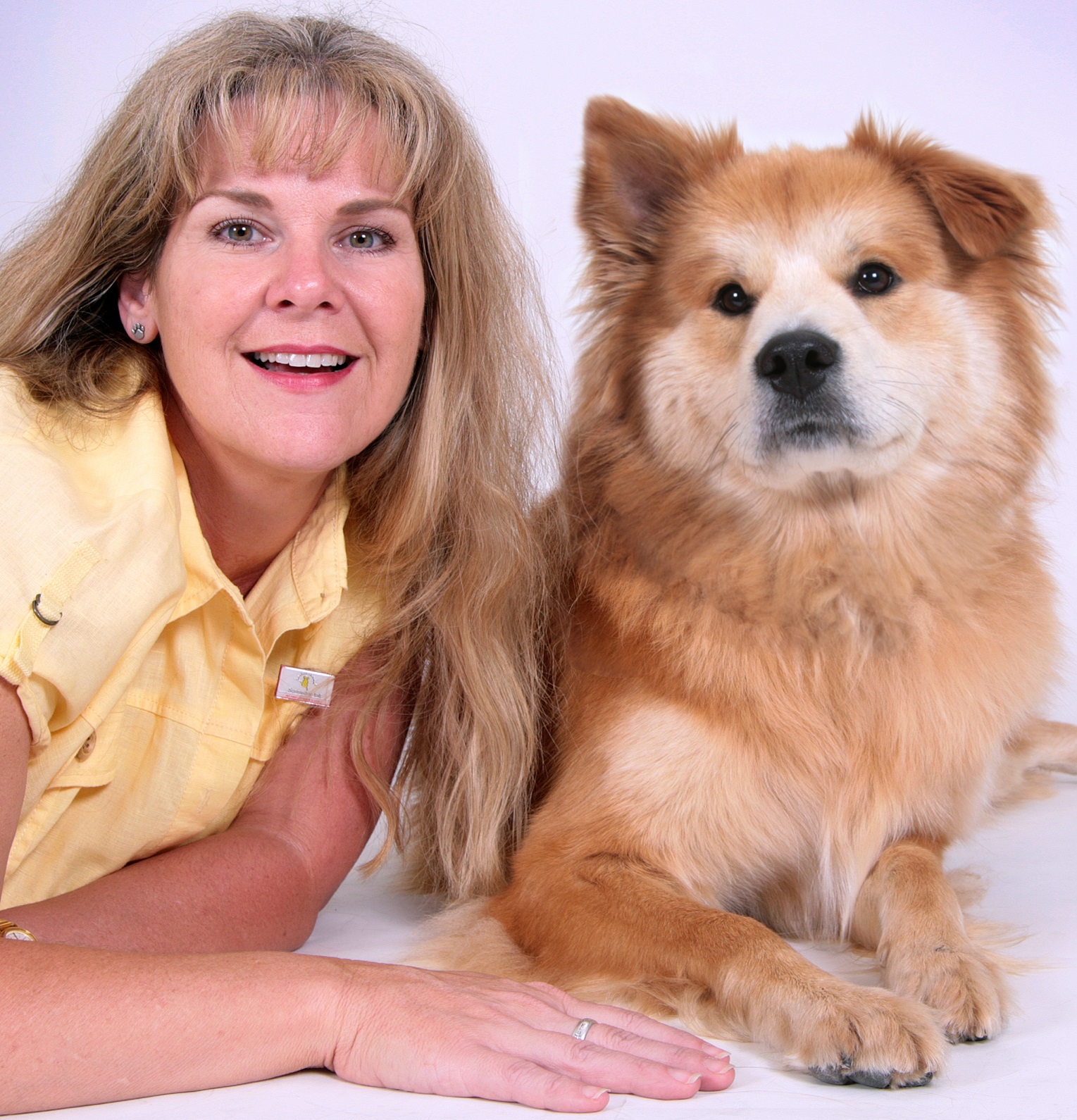Dog Walker Westchester Los Angeles & Dog Walker Lader Heights
Warmer weather, blooming plants and buzzing insects can all spell trouble for the pets in your care, but depending on where you live, winter hazards may still apply! Stay alert to weather patterns, don’t allow pets outside unsupervised and wash melting salts from paws to prevent poisonous ingestion.
If, however, the bright and beautiful days of spring are upon you, remember that doggie dangers and cat-astrophes can happen anywhere, so professional pet sitters must be prepared to prevent disasters and stabilize injuries before veterinary care is available.
Insects
If a curious pooch or pouncing feline gets stung by a bee, scrape away the stinger if you can find it. Pulling the stinger with fingers or tweezers could rupture the poison sac allowing toxin to enter the pet’s bloodstream. Most pets, however, paw it away or rub in the grass, removing it. If no medical history or treatments contraindicate, administer 1 mg Benadryl® (Diphenhydramine) per pound of the animal’s body weight and apply a cold pack for short periods at a time (a bag of frozen peas works well) to any swelling. Remove the ice pack frequently so as not to cause frostbite to the tissue or discomfort to the pet in general. If swelling is severe or if ANY breathing difficulties develop, do not delay—seek veterinary attention immediately.
While protecting yourself, be sure to keep insect repellents and sunscreens out of paws’ reach. If ingested, these products can cause neurological issues, vomiting and diarrhea.
Grooming, Pests and Disease
Remind clients to keep their pets well-groomed, but not to shave long-haired dogs or cats to the skin as fur insulates from heat, protects from sunburn and can buffer burrs, thorns and other piercing objects. Give a daily thorough brushing to prevent matted fur which can harbor pests, create sores and keep in heat. Apply veterinarian-approved flea and tick preventive to ward off the itchies and keep tick-borne diseases at bay. Also remind clients to stay up-to-date on vaccinations and/or titer testing for springtime-emerging Parvovirus and Leptospirosis (wetter environments, near lakes and streams), and don’t downplay the importance of heartworm testing BEFORE you see your first mosquito. Prevention costs less than one weekly bistro-made coffee, whereas treatment can be expensive and difficult. Initial symptoms are unseen, but cough followed by shortness of breath, abnormal lung sounds, fluid retention, loss of blood to the brain and death can occur if a heartworm-positive dog goes untreated.
Rising Temperatures
Keep pets well-hydrated and provide shade when outdoors. An air-conditioned house is safest, but the next best thing is a well ventilated and insulated doghouse, a catio or a shaded porch with a fan or misting system.
Outside food bowls should be placed in a pan containing a few inches of water to keep ants out. Fresh drinking water must be supplied all day long making sure that outside bowls remain in the shade even when the sun moves in the late afternoon. Bowls that attach to a spigot need to be checked to ensure that all systems are go and that the bowls aren’t a muddy mess from dogs who cool their paws in them. Don’t solve the problem by supplying a larger bowl which can become a bird bath making water unpotable. Due diligence is a must. Cats, too, need to drink, so try a saucer, glass or coffee mug which won’t brush whiskers and makes the experience enjoyable.
When transporting pets, never leave them unattended in a vehicle, even for a few minutes! Temperatures can skyrocket quickly, resulting in life-threatening conditions.

Plants
Many fruits and vegetables ripen in spring, but not all are pet safe! Grapes and raisins contain toxins that can impair kidney function; seeds and pits of stone fruits (peaches, plums, apples and cherries) contain deadly cyanide or arsenic; onions and chives may cause hemolytic anemia; tomato and potato leaves and stems can result in digestive, nervous and/or urinary system difficulties; and iced tea or coffee could increase your pet’s heart rate and result in seizures. Carrots, green beans, broccoli, apples and bananas are safe and beneficial for most dogs and cats in moderation as long as they don’t become a choking hazard.
According to the Pet Poison Helpline®, these are the 10 most poisonous plants to our pets. All parts (unless otherwise indicated) can be deadly.
- Autumn Crocus
- Azalea
- Cyclamen
- Daffodils
- Tulips & Hyacinths (especially bulbs)
- Diffenbachia (leaves and stems)
- Kalanchoe (also vase water is toxic)
- Lilies (Tiger, Asiatic, Easter and Japanese Snow can be fatal to cats while others may cause milder symptoms.)
- Oleander (also smoke from burning branches and water in vase)
- Sago Palm (seeds most deadly)
Place fertilizers, insecticides, weed killers and cleaners (use a pet-friendly white vinegar solution) out of reach. They can be absorbed through paws or ingested when grooming. Snail and slug bait pellets can cause seizures. Organic fertilizer does not mean pet-safe: Blood meal is flash-frozen blood that has been dried and ground and is tasty to pets. Often it is infused with iron resulting in a toxic overdose if consumed by Fido. Bone meal is made from animal bones ground to powder. When ingested, bone meal can form a large concrete-like ball in your pet’s stomach which requires surgical removal. Chemical-based weed killers are highly toxic to humans, pets and wildlife. Instead, mix up this do-it-yourself pet and people friendly weed killer:
- 1 Gallon White Vinegar
- 2 Cups Epsom Salts
- ¼ Cup Dawn® Dish Soap (the original blue works best)
Spray in the morning after the dew has evaporated, and by dinner time…weeds are gone!

Keeping Fido and Fluffy safe is a 24/7 job for pet parents and professional pet sitters. Know your nearest animal emergency center, what services they offer and how they accept payment. Keep this number handy: ASPCA’s Poison Control Hotline (888-426-4435), and regularly bone-up on your pet first-aid skills. Preparing for the worst just may prevent the worst from happening!

About Denise Fleck
Denise Fleck is an award winning author& radio show host, and a Pet First-Aid & CPR instructor who has personally taught more than 15,000 humans animal life saving skills and millions more via national television appearances. She has authored 10 books including “The Pet Safety Bible,” and is a huge fan of professional pet sitters! Learn more at www.PetSafetyCrusader.com.
Dog Walker Westchester - Animal Magnetism has been providing loving care for family pets in the Southern California since 1999. Dog Walker Lader Heights 4animalmagnetism.com.
Comments
Post a Comment